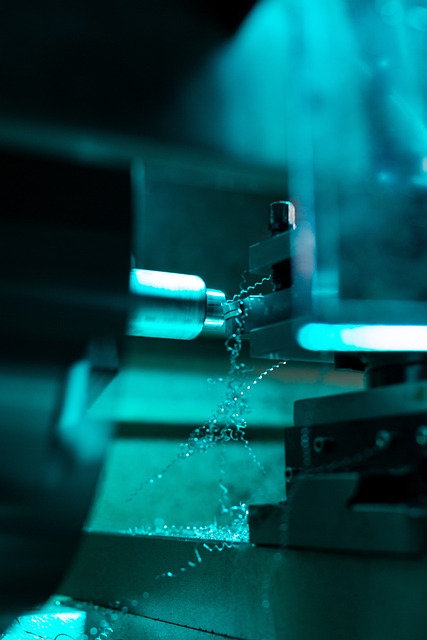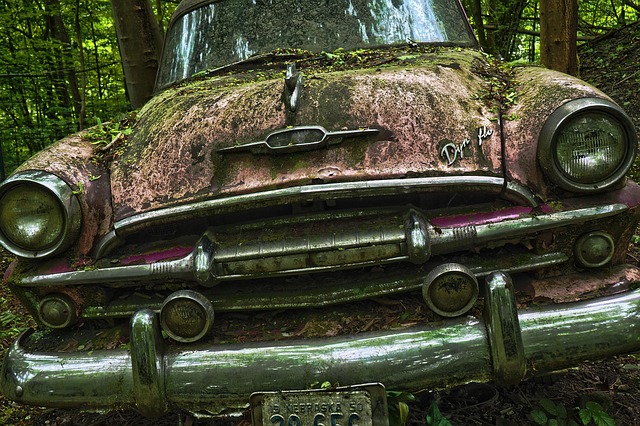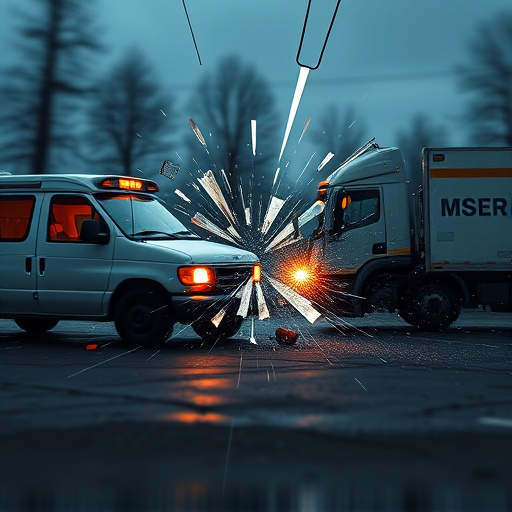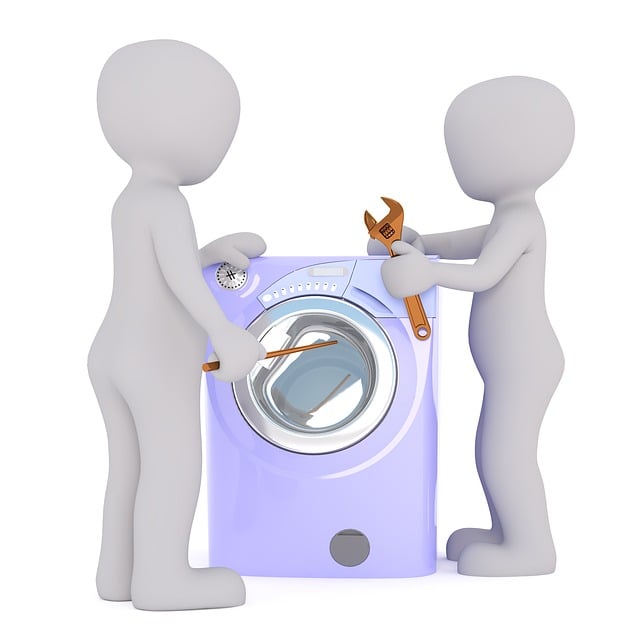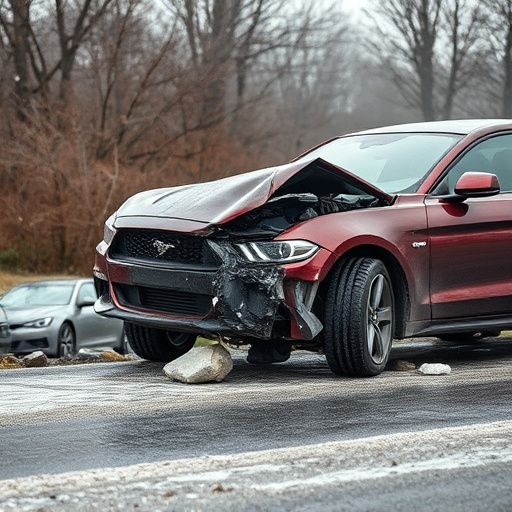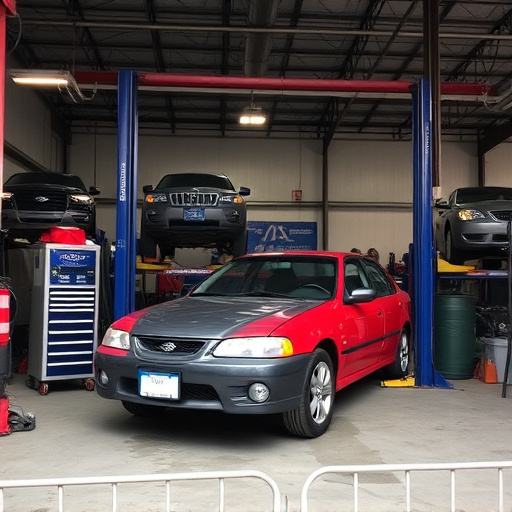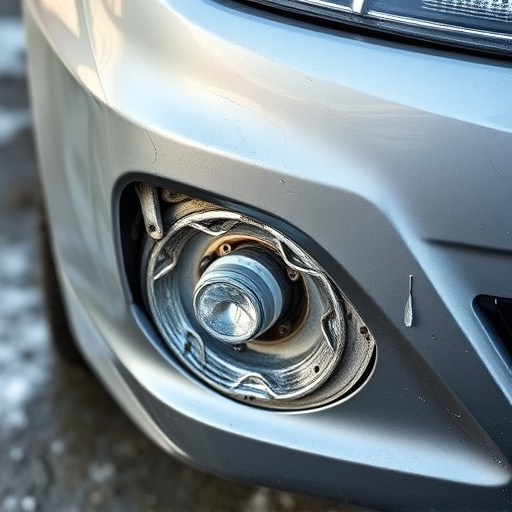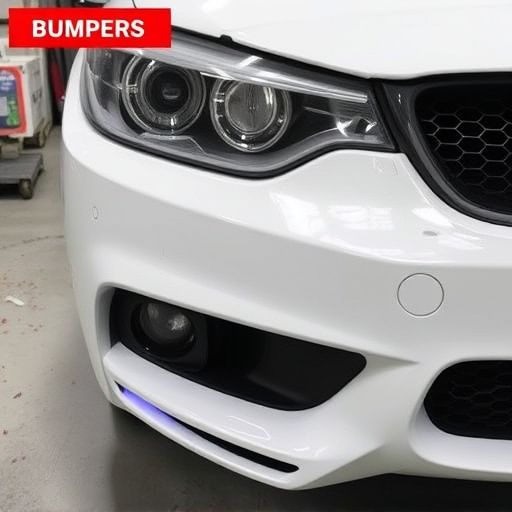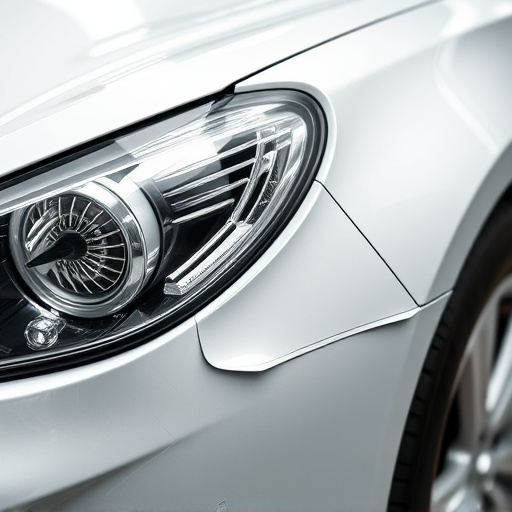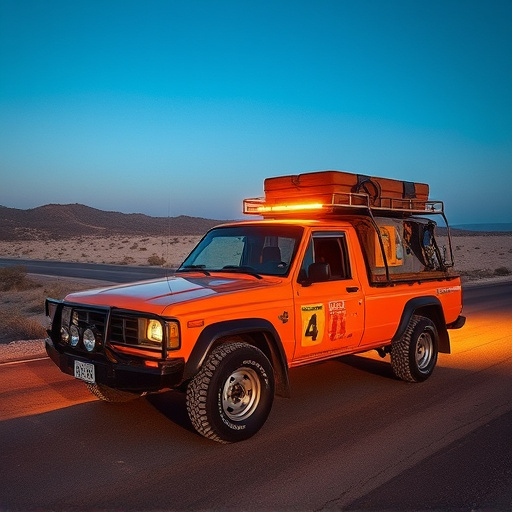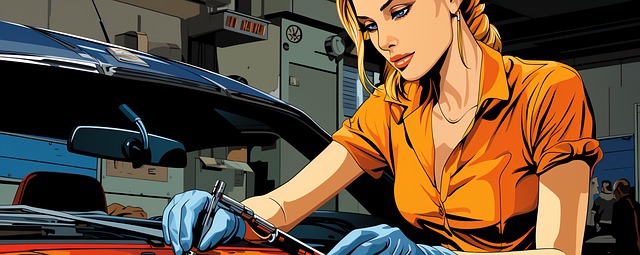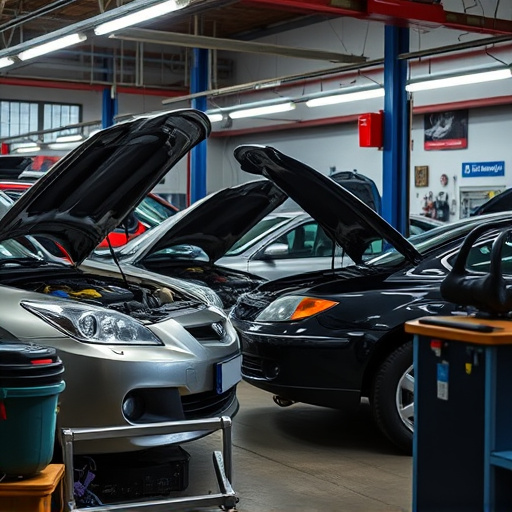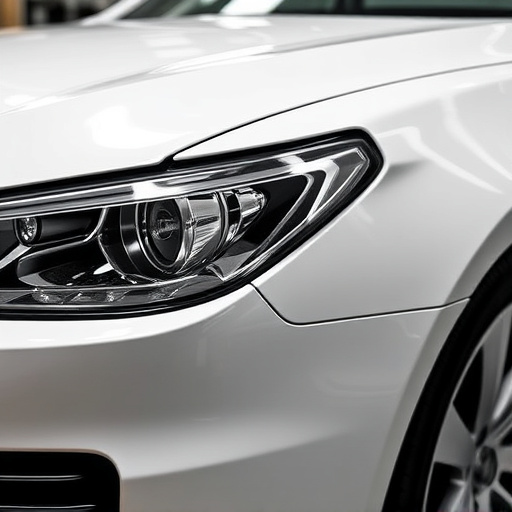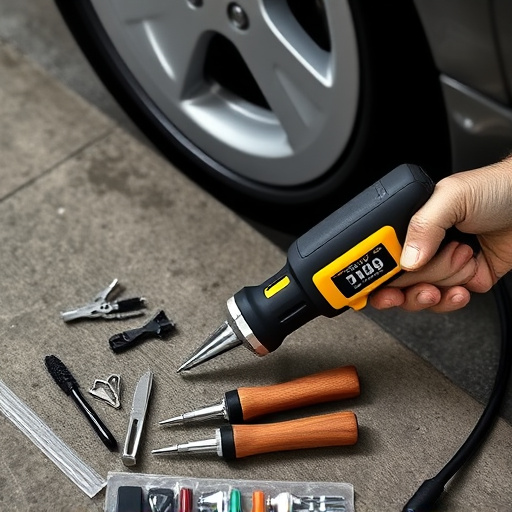Mercedes night vision calibration is essential for maintaining the advanced safety features of Mercedes vehicles after repairs or adjustments. Accurate calibration ensures cameras and sensors provide clear images in low-light conditions, enhancing driver visibility and confidence. Certified collision shops use specialized equipment and follow best practices to maintain precision in calibration, ensuring optimal performance and safety standards for Mercedes night vision technology.
Mercedes Night Vision technology offers advanced driver assistance, enhancing safety and visibility. For certified collision shops, proper understanding and calibration of this system are crucial. This article delves into the intricacies of Mercedes Night Vision, highlighting its role in collision repairs. We explore why calibration is essential for accurate restoration, discussing best practices to ensure precise outcomes. By mastering Mercedes night vision calibration, shops can provide top-tier repairs, maintaining vehicle performance and customer satisfaction.
- Understanding Mercedes Night Vision Technology
- The Role of Calibration in Collision Repairs
- Ensuring Accuracy: Best Practices for Calibration
Understanding Mercedes Night Vision Technology
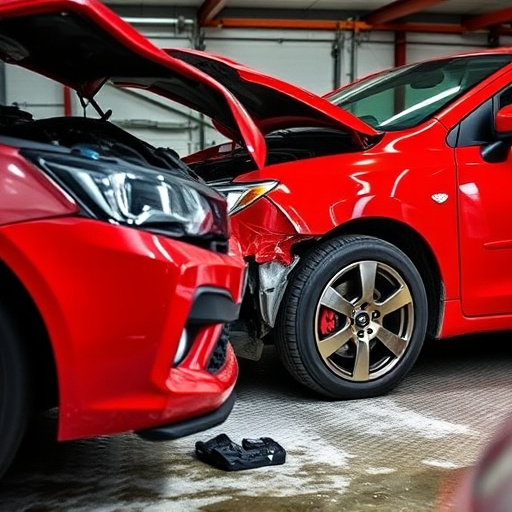
Mercedes Night Vision technology is a sophisticated system designed to enhance driver visibility during low-light conditions and at night. This advanced feature uses a series of cameras and sensors to create a 360-degree view around the vehicle, enabling drivers to navigate with greater confidence in dark environments. The technology is particularly crucial for Mercedes vehicles due to their high-end positioning and focus on safety features.
Certified collision shops that offer services like paintless dent repair and car dent repair need to be well-versed in Mercedes night vision calibration. This ensures the system functions optimally after any repair or adjustment, maintaining the vehicle’s safety and visibility standards. Proper calibration involves fine-tuning the cameras and sensors to ensure accurate and clear images, thereby guaranteeing driver safety and peace of mind on the road.
The Role of Calibration in Collision Repairs
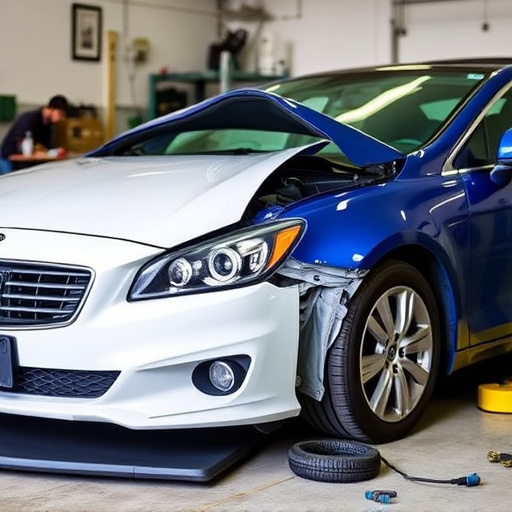
Mercedes night vision calibration plays a pivotal role in the collision repair process for certified shops. It’s not just about fixing visible damage; it involves meticulous adjustments to ensure the vehicle’s advanced safety systems function optimally. Proper calibration ensures that sensors, cameras, and other components work in harmony, enhancing visibility and safety features like night vision. This is particularly crucial for luxury brands like Mercedes, known for their sophisticated automotive repair needs.
When a car undergoes collision repairs, even minor adjustments to the vehicle bodywork can impact sensor positioning and alignment. Uncalibrated systems may result in faulty readings or misaligned displays, compromising both the driver’s awareness and the overall effectiveness of safety features. Thus, in the realm of automotive repair and car restoration, Mercedes night vision calibration stands as a game-changer, ensuring not just cosmetic fixes but comprehensive, safe, and reliable vehicle returns for customers.
Ensuring Accuracy: Best Practices for Calibration
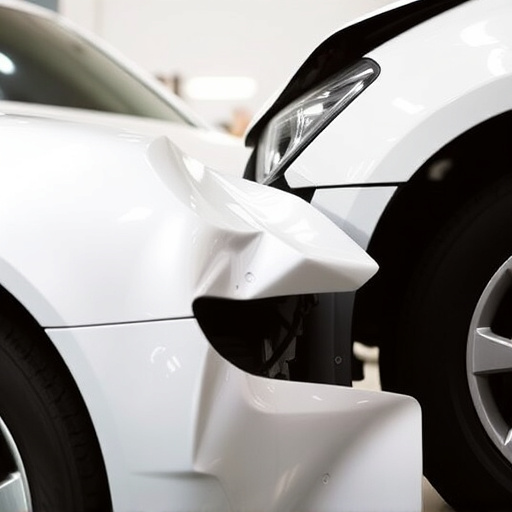
Maintaining precision is paramount when it comes to Mercedes night vision calibration, especially within certified collision shops. This intricate process demands a meticulous approach to ensure the advanced driver-assistance systems (ADAS) function optimally and safely. Calibration accuracy can be achieved through regular testing and adherence to manufacturer guidelines.
Best practices involve utilizing specialized equipment designed for ADAS recalibration, such as target boards and laser scanners. Technicians should follow a structured calibration sequence, starting with camera alignment and ending with performance verification tests. Regular maintenance checks, including inspections of sensors and cameras, are crucial to identifying any potential issues early on. Additionally, ensuring proper environmental conditions during calibration—like controlled lighting and temperature—is vital for consistent and accurate results, especially when addressing concerns like bumper repair, dent repair, or collision damage repair.
Mercedes night vision calibration is a critical component for certified collision shops, ensuring accurate and safe vehicle repairs. By understanding the technology behind Mercedes’ advanced driver-assistance systems (ADAS) and implementing best practices for calibration, shops can deliver high-quality outcomes that meet manufacturer standards. Regular calibration not only enhances safety but also preserves the integrity of the vehicle’s sophisticated sensor systems, ultimately providing a better experience for both shop owners and their customers.
